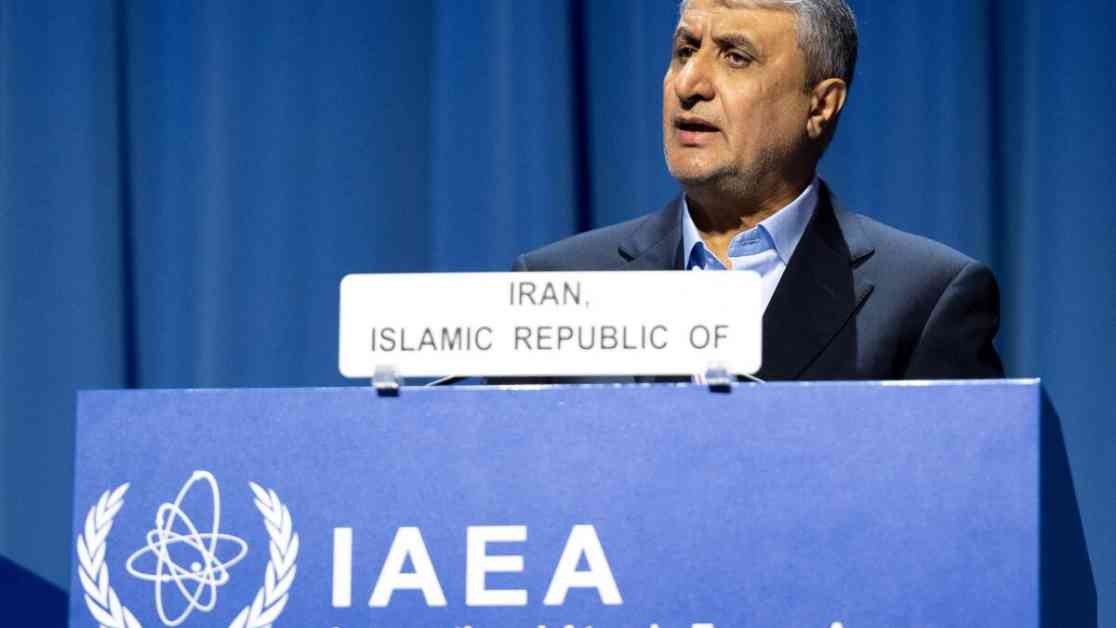Iran’s Rising Public Support for Nuclear Weapons amid War Jitters
As tensions escalate between Israel and Iran, the idea of developing nuclear weapons is gaining support among some ordinary Iranians. Vafa Sharzad, a chemical engineer, who previously favored negotiations over Iran’s nuclear capabilities, now believes Iran should pursue nuclear weapons. The landmark nuclear accord of nine years ago was seen as a way to bring economic opportunities and reduce international isolation, but recent hostilities have shifted public opinion.
The outbreak of war in the Gaza Strip has led to direct confrontations between Israel and Iran’s proxies in the region. Iran retaliated against Israel’s strikes on Hezbollah, prompting fears of further escalation. Israeli Prime Minister Benjamin Netanyahu has long seen Iran’s nuclear aspirations as a threat to Israel’s existence, leading to calls within Israel for strikes on Iran’s nuclear sites.
The Biden administration has expressed concerns about the potential consequences of an Israeli strike on Iran’s nuclear facilities. As tensions rise, some Iranians view nuclear weapons as a deterrent against foreign threats. Despite the economic hardships caused by sanctions, the idea of developing nuclear weapons is gaining traction among the Iranian public.
Experts note that public opinion on nuclear weapons in Iran has shifted over the years. While Iranians previously favored a peaceful nuclear program, recent developments have led to increased support for nuclear weapons. The sentiment is particularly strong in regions like Isfahan, where major nuclear installations are located.
Some Iranians believe that pursuing nuclear weapons is necessary for deterrence against regional threats. Others argue that reconciliation and de-escalation with the international community are a better path forward. Economic downturns and a sense of international deadlock have fueled support for nuclear weapons development among some Iranians.
While the government and ruling establishment may not be immediately swayed by public opinion, the growing support for nuclear weapons is a significant shift. As tensions continue to rise, the debate over Iran’s nuclear program is likely to intensify. The prospect of Iran acquiring nuclear weapons raises concerns about regional stability and the potential for further conflict.
In a region already fraught with geopolitical tensions, the prospect of Iran developing nuclear weapons adds another layer of complexity to the situation. The Iranian public’s changing attitudes towards nuclear weapons reflect the broader shifts in regional dynamics. As the international community grapples with the implications of Iran’s nuclear ambitions, the need for diplomacy and dialogue remains crucial to prevent further escalation and promote peace in the region.



























